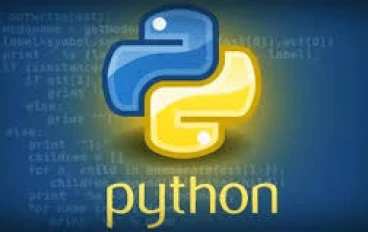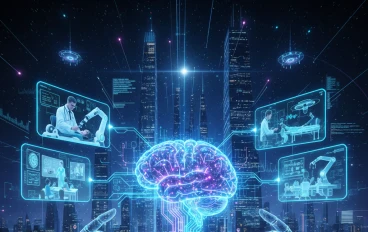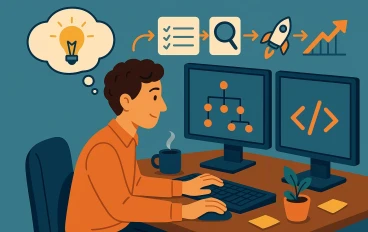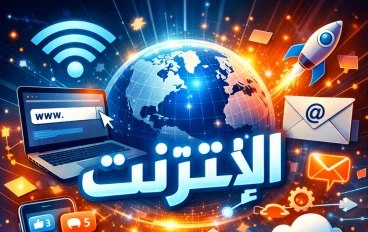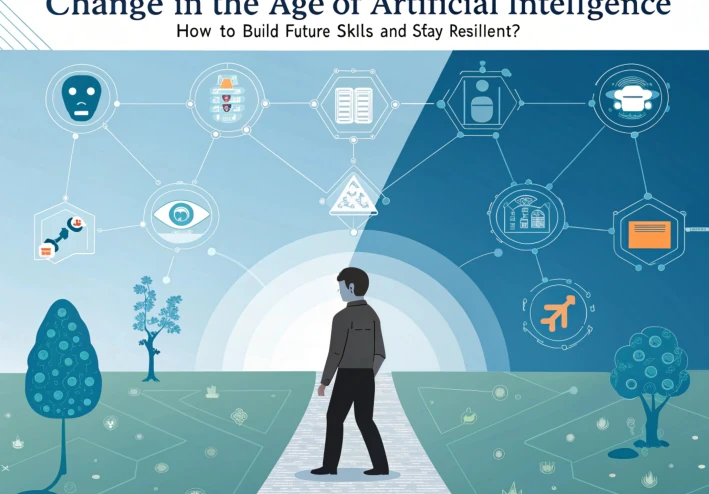
English: Change in the Age of Artificial Intelligence: How to Build Future Skills and Stay Resilient?
Change in the Age of Artificial Intelligence: How to Build Future Skills and Stay Resilient
In today’s fast-changing world, artificial intelligence (AI) is no longer a distant concept from science fiction movies, but a living reality that impacts every aspect of our daily lives. From how we work and learn, to how we communicate and make decisions, AI is shaping the future at a pace that sometimes feels overwhelming. Many people worry about job loss, others are excited about the possibilities, and some remain confused about how to keep up with this massive transformation.
Instead of resisting this change, the real question is: How can we adapt, grow, and thrive in the age of AI? The answer lies in developing future-ready skills that technology cannot replace—skills rooted in human potential such as resilience, critical thinking, creativity, and emotional intelligence. These are the qualities that will remain relevant and valuable no matter how advanced machines become.
Why is this topic important?
AI is currently one of the hottest topics worldwide. Every day, new headlines discuss how machines can now write, design, analyze, and even make decisions. While some see this as a threat to their jobs or identity, others view it as an opportunity to expand their capabilities and reinvent themselves.
In the context of life coaching and personal development, this topic is essential. A coach’s role is not only to help clients deal with challenges in their personal or professional lives, but also to prepare them for the bigger challenges of a rapidly changing future. By learning how to adapt to AI, people can discover new opportunities and build confidence in their ability to stay relevant.
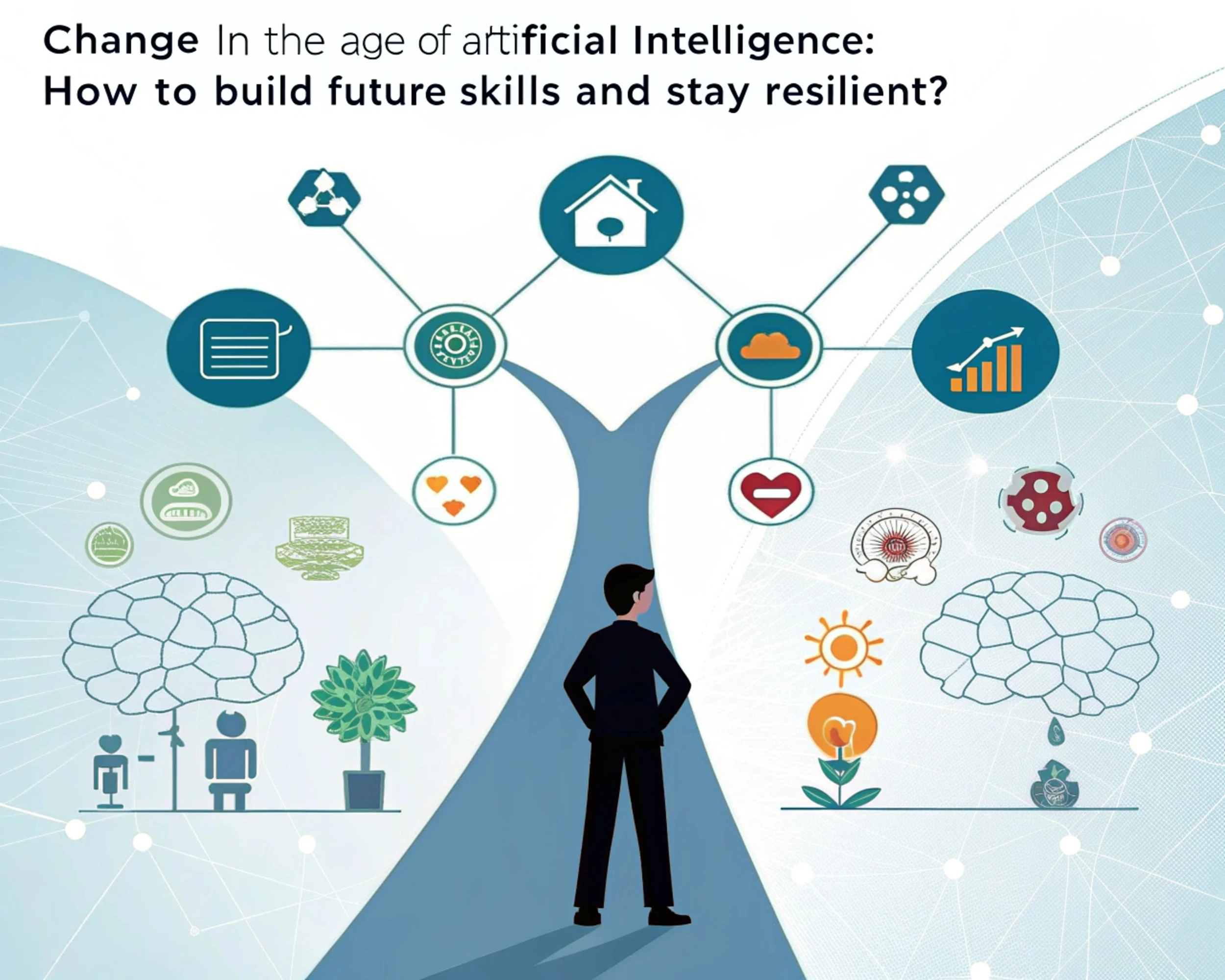
Building the right mindset: From fear to growth
The first step in dealing with AI-driven change is to adopt a positive and proactive mindset. Fear of technology only creates resistance and stress, while curiosity and openness create opportunities for learning.
Think of AI as a new language: if you learn how to speak it, you will find new ways to connect with the world. But if you ignore it, you may feel left behind. Successful individuals in the AI era will be those who combine technological literacy with human-centered skills.
Future skills you need to develop
Adaptability (Resilience): The ability to quickly adjust to new situations and recover from challenges.
Critical Thinking: Questioning information, analyzing data, and making thoughtful decisions instead of blindly following technology.
Creativity: Machines can generate solutions, but true creativity and imagination remain uniquely human.
Emotional Intelligence (EQ): Understanding emotions—your own and others’—to build stronger relationships and effective communication.
Continuous Learning: Staying curious and committed to updating your skills. Lifelong learning is no longer optional; it’s a necessity.
The positive perspective: AI as an opportunity, not a threat
Instead of focusing on fears such as “machines will replace us,” we should reframe the narrative: “AI will push us to become better, smarter, and more human.”
For example:
AI can automate repetitive tasks, freeing up time for creative and strategic thinking.
It can assist in research, allowing professionals to focus on innovation.
It can improve healthcare, education, and even coaching by offering new insights and tools.
When you look at AI this way, it becomes not a competitor, but a partner that challenges you to upgrade your skills and expand your horizons.
How life coaching connects with AI and future skills
Life coaching is about guiding people toward achieving their best selves. In the era of AI, coaching becomes even more relevant, because technology alone cannot provide meaning, motivation, or purpose.
A coach can help individuals:
Identify their unique human strengths.
Develop resilience in the face of constant change.
Create a personalized learning journey to adapt to the future of work.
Balance technological tools with human values.
In this sense, AI does not diminish the role of coaching, but enhances it—making personal growth more necessary than ever.
Conclusion: The secret to thriving in the AI era
The age of AI is not about machines replacing humans, but about humans reinventing themselves. The winners of tomorrow will not be those who resist change, but those who embrace it with an open mind, a strong heart, and a commitment to lifelong learning.
If you want to secure your future, start today: build resilience, sharpen your critical thinking, nurture your creativity, and strengthen your emotional intelligence. The more you develop these skills, the more prepared you will be to not just survive, but thrive in the age of artificial intelligence.


































